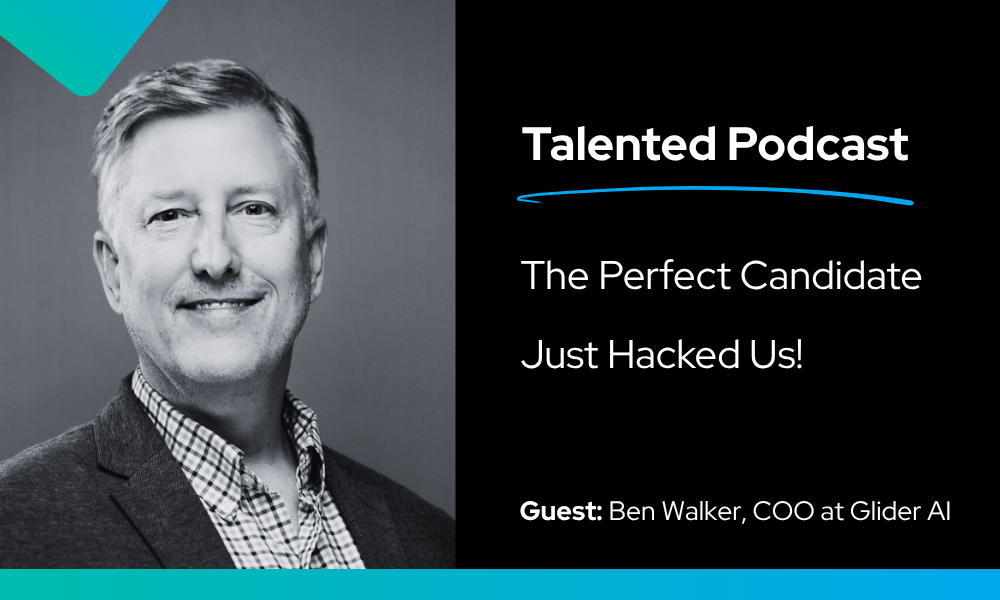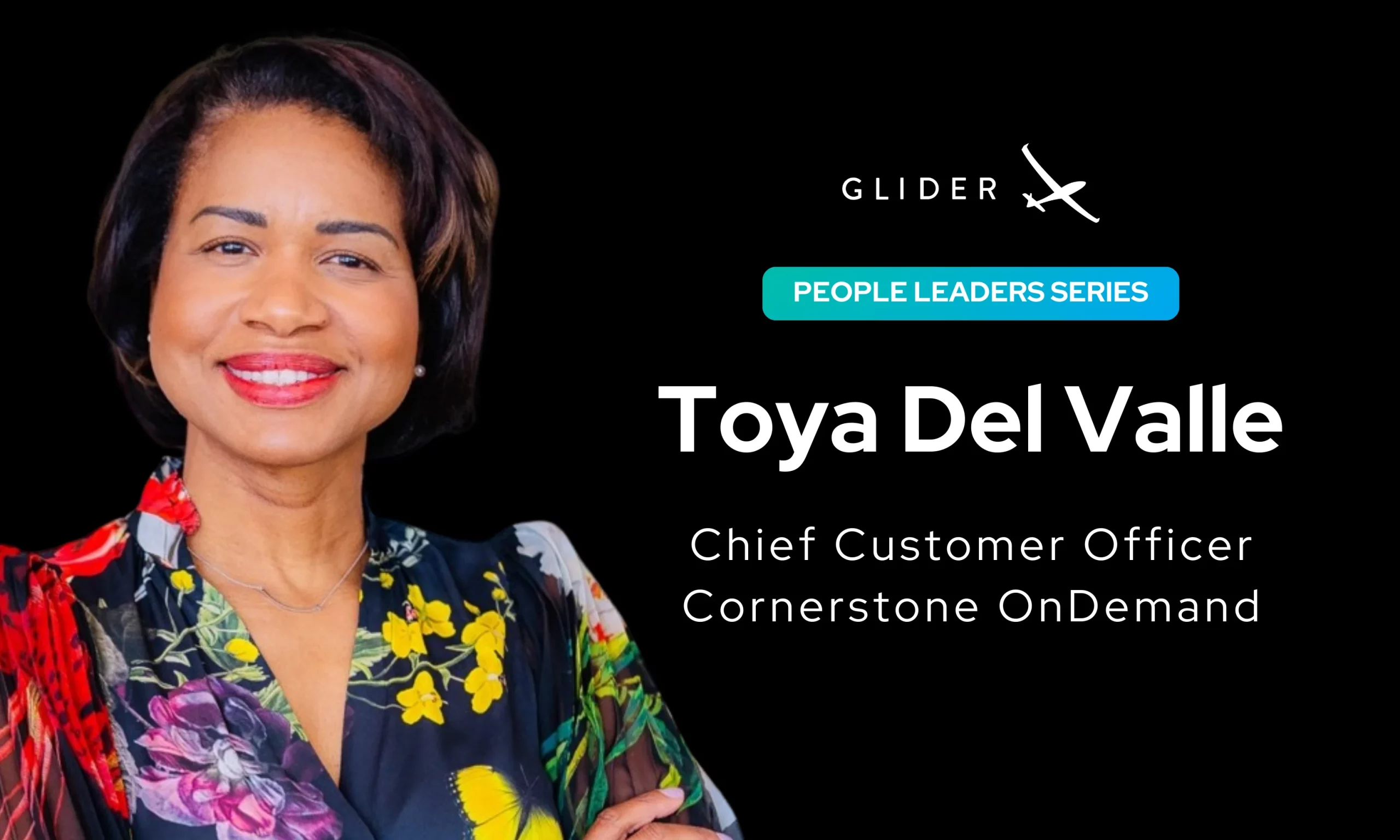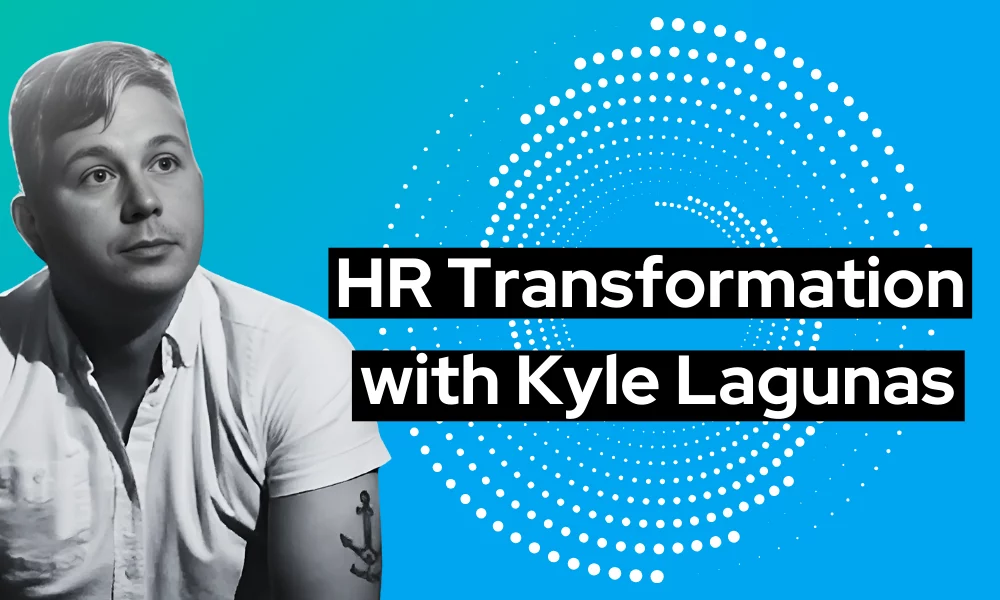Change has been consistent throughout the year. The shift of work from onsite to remote has brought a major change in the workplace environment. Digital transformation has revealed the importance of the technological shift. The vitality and vibrancy of employees have increased significantly with the digital shift. The up-gradation of technical adroitness is visible throughout all the areas, may it be IT, HR, finance, marketing, or sales. Apart from upskilling the existing employees, the technological advancement has also refurbished the hiring strategy and made it more modernized. Most companies have improved their hiring strategies with this shift and it is safe to say that this change is here to stay.
With the year 2020 coming to an end, let’s process through the hiring strategy for 2021 and find out what the future holds. In this blog, we shall cover the following:
Upcoming trends in HR Tech in 2021
HR technology has changed the scene of how employee management works. With millennials and Gen-Z comprising most of the workforce, employers across the planet are watching tech-powered ways to recruit, manage, and have to interact with their employees. The advancement in technology like AI, Machine Learning, and RPA (Robotic Process Automation) have caused actual disruption in HR practices.
Here are a number of the foremost HR technology trends that will shape the hiring strategy for 2021.
- Artificial Intelligence integration: AI has become an integral part of HR operations now and experts believe it will as such for the coming years. The use of AI in recruitment processes has already been a massive success for recruitment teams all over the world.The application of AI in automating and augmenting the process will help recruiters to focus on the hiring strategy. Access to employee data and generation of insights from AI-powered analytics will enable recruiters to increase efficiency in the hiring process.According to a survey by CEIPAL, 79% of enterprise staffing firms will adopt AI-driven ATS by the end of 2021. CEO Penakalapati says,“AI will help overcome some of the core challenges facing today’s recruiters, as well as close rates by improving the marketing of open job requisitions, productivity and performance, and candidate sourcing and matching.”A.I, along with Machine Learning and RPA will help in streamlining the hiring process making it more result-oriented and productive, while creating a talent management system that supplements the process.
- Cloud-based work: With the introduction of remote work this year, it is perceived that many companies may execute a remote-first model this year while others will have remote working options for their employees. Cloud-based services will enable HRs to access data profoundly and make decisions accordingly. This in turn will also help in increasing employee engagement. The employees can be evaluated through performance metrics, making them more efficient and effective.
- Rise in the gig economy: The contingent workforce has escalated because employers as well as candidates find it more productive than full-time opportunities. There will be a sharp spike in the employment of contractual workers and freelancers over the next year. As of now, around 30% of workers worldwide are gig workers and this percentage will increase in the upcoming years. Recruiters have to use management tools to manage these temporary workers.
- Need for upskilling: With the advancements in the business, the need for consistent up-gradation and development will become necessary. Building more transferable skills and competencies will become equally important as upskilling pre-owned skills.It is estimated that about 80% of new jobs will depend mostly on soft skills like communication, problem-solving, and collaboration.The rise in AI will make the process more thorough and analyzed, which will in turn increase the need for garnering new skills.
Hiring Strategy for 2021
Earlier, the hiring strategies included basic operations that would generate the desired talent. But with so much going around the world now, recruiters must level up their recruiting game, keeping the basics intact.
Without much further ado, here is the best hiring strategy for 2021 that hiring managers should adopt.
- Start from the bottom: Focus on the company goals and act according to the prior recruitment process. Ensure that there are no shortcomings on any of the steps in the process. Recruiters are advised to review the current recruitment metrics of the company and find any errors or anomalies. There should be a clear view of the desired goal and recruiters should strategize the steps to attain the desired goal.The key is to analyze the prevalent process, find the errors, and mitigate them to reach the desired goal.
- Invest in a recruitment platform: Recruitment tools ease the process and create an automated screening and assessment process. As technology is the trending topic in the recruitment business, it will be unwise if companies don’t take the help of hiring platforms.These tools help in streamlining the process so that the end goal can be achieved with ease.
- Create a career page: If the company already has a career page, then it is good. If not then, this page should be created immediately. Career pages help the candidates view the vacancies in the company. These pages also help upgrade the company branding.Career pages help in creating a talent pool also known as the talent community, from where the recruiters can choose the best talent for further processing. Candidate vetting gets easy with the implementation of career pages.Career pages are also a great medium to showcase the company’s core values, diversity statistics, awards, etc.
- Promote the company on social media: Since most people spend their time on social media nowadays, it would be unwise not to promote the company on those platforms. These platforms can be used to upgrade the company reputation, showcase employees, and promote the work environment to job seekers.Most companies use their social media recruiting channels to hire employees. LinkedIn and Facebook are the top platforms where job seekers search for jobs. Quora is a platform where questions posted by candidates can be answered to create a firm base for the company.Sharing of blogs, reports, case studies, ebooks, podcasts, etc., help in solidifying the social media presence, making the company more accessible to job seekers.
- Create a diversified and inclusive culture: Most companies value rights and have an equal opportunity employer clause that insists they are welcoming and accommodating to people of all mental and physical abilities. To ensure having an accommodating environment, select candidates who bring diversity and something new to the table.An inclusive culture is the need of the hour.
- Understand the trends: To keep up with the changing landscape of how recruitment takes place, many of us have shifted to remote or online hiring. But we still lack the conviction of whether it works better than traditional face-to face hiring in identifying and successfully onboarding top talent, and for good reason. Companies cannot know if remote hiring will help them identify the best talent for open positions unless they know the mechanics of how exactly remote hiring tools work in identifying talent most suited for any job role. Its important to understand the new trends before following them.
2020 has proven that hiring does not get restrained by any factor, may it be location, time, or language. Each candidate can be assessed and selected from any corner of the world.
Recruiters must create a hiring strategy considering all possible outcomes and shortcomings. These practices will help the recruiters hire the best talent in the present and near future.




